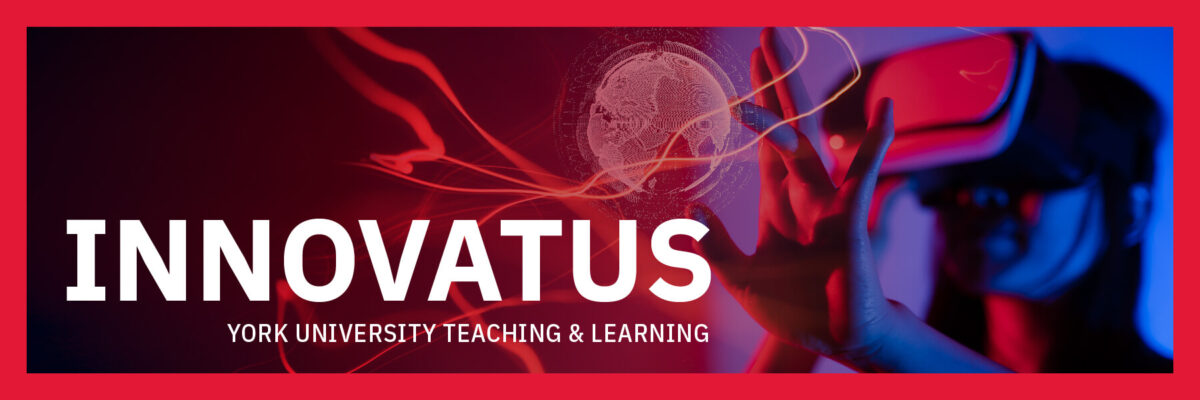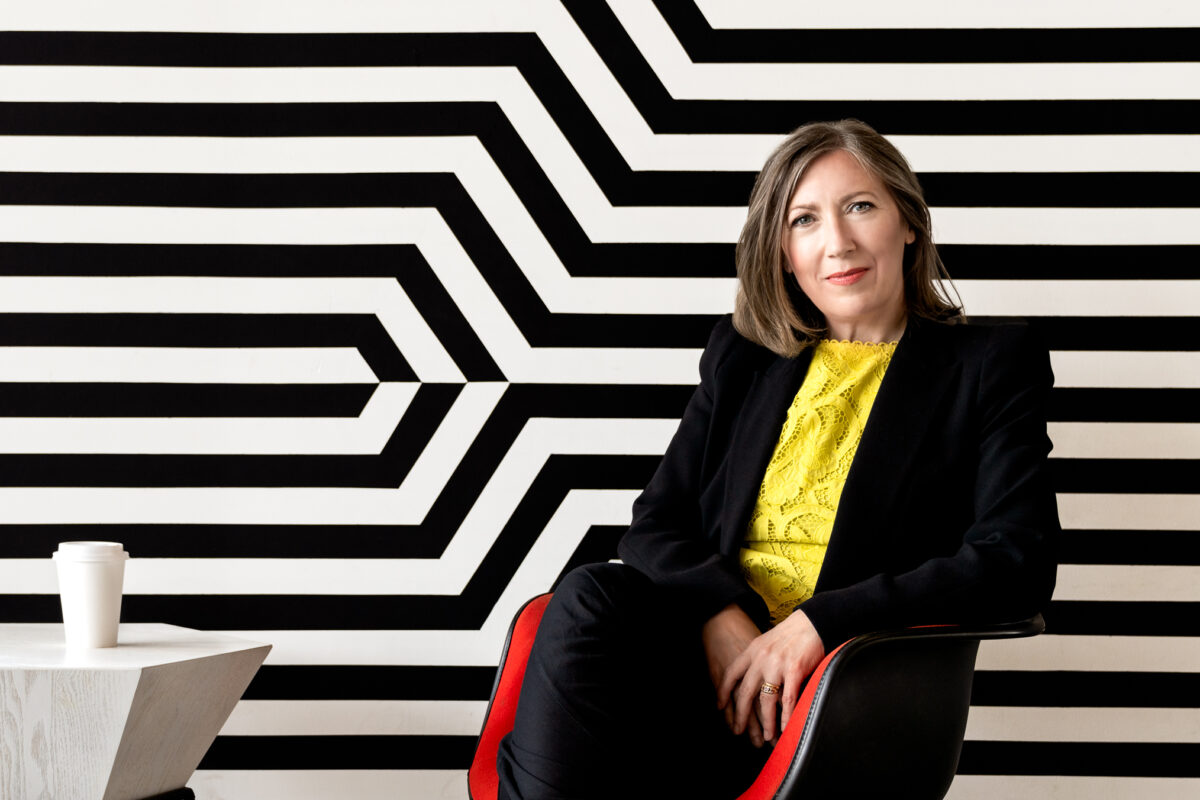Lassonde School of Engineering: shaping the student experience
Tags:
This story originally appeared in the February 2024 edition of Innovatus, produced by York University’s Office of the Vice-Provost, Teaching & Learning in partnership with the Communications & Public Affairs Division.

As we work to nurture and empower our community of interdisciplinary creators, we are committed to fostering creativity and innovation. We do this by providing transformative education along with research and lifelong learning opportunities aimed to cultivate new ideas, knowledge and contribute toward a more sustainable world for all.
These efforts are demonstrated through the Lassonde School of Engineering 2022-23 Impact Report, a comprehensive microsite encapsulating our community’s remarkable journey and accomplishments. The achievements underscore our collaborative efforts, showcasing our commitment to excellence in engineering education and research as we make strides toward realizing our Strategic Academic Plan.
As a school centred on engineering and science, our ideas and conversations consistently revolve around exploring innovative, cross-disciplinary teaching methods that integrate technology and humanistic approaches. We actively involve our students in exciting projects, ranging from the OSIRIS-REx mission to the $318.4-million Connected Minds initiative, and through our two new, recently-established organized research units.
Our faculty members are focused on addressing global issues, aligning with the United Nations Sustainable Development Goals, empowering our students to work together to build a better future. Interdisciplinary collaboration is ingrained in the essence of Lassonde, evident not only in our labs and classrooms but also in our innovative modes of learning, like C4: The Cross-Campus Capstone Classroom and tech stewardship.
C4 is a unique feature at York, allowing students to develop and hone transferrable skills while learning the value of multiple perspectives in research and problem solving. In addition, our faculty members, including professors Franz Newland and Hossam Sadek, are reimagining engineering capstones, contributing to publications and practical tools to support the design and facilitation of such future projects.
Additionally, tech stewardship is crucial for students to get involved in shaping the arc of technology toward positive ends, teaching them valuable skills. Collaborating with partners like the Engineering Change Lab, we’ve integrated their tech stewardship practice program into one of our courses, an initiative led by Professor Jeffrey Harris. As co-investigators into its potential impact, Lassonde recently received a $998,000 grant from the Suncor Energy Foundation to continue this vital work.
The fall of 2023 witnessed the launch of our Engineering Block Model, transforming how students engage with coursework. This unique model allows deep immersion in each subject, reducing the need for multitasking and fostering a more focused classroom environment. As we examine its impact on our inaugural cohort of 70 students, we eagerly anticipate its potential to shape the future of engineering education.
Students are at the heart of what we do, and this year, we reimagined the academic orientation experience, engaging hundreds of first-year students in a more interactive and dynamic way. We’ve also introduced the Lassonde Undergraduate Student Advisory Council to give students a direct voice to help improve our academic programs and their experience. The council has already facilitated important discussions on critical topics such as student enrolment, academic advising and degree progression. To enhance our processes, we’ve implemented a new case management system, saving hours of administrative work and allowing us to invest more in student support through this process, leading to a more positive student experience. We are working to expand its application to the petition process as well. Concurrently, we’ve established a group specifically for women students, fostering open dialogue in a safe environment.
It’s important that our students can identify with the varied backgrounds of our faculty members and can envision themselves engaging in the research pursuits they are undertaking. The diversity of our faculty members is a key strength, helping us break down systemic barriers. Our researchers, who actively engage students in experiential learning while serving as mentors, include, among others, Professor Alvine Boaye Belle in electrical engineering and computer science; Professor Satinder Kaur Brar in water-related research; Professor Solomon Boakye Yiadom in advanced materials and manufacturing; Professor Uyen Trang Nguyen in anti-financial crime solutions; and Professor Regina Lee in advancements in nanosatellite technologies.
Together, we are not just adapting to change in engineering and science education; we are driving it, shaping the future of teaching and learning at the Lassonde School of Engineering and beyond. I hope you enjoy this issue of Innovatus, discovering how we’re making a positive impact on our students, our community and the world through experiential education, technology-enhanced learning and internationalization.
Sincerely,
Jane Goodyer
Dean, Lassonde School of Engineering

Faculty, course directors and staff are invited to share their experiences in teaching, learning, internationalization and the student experience through the Innovatus story form, which is available here.
In this issue:
York’s k2i academy creates co-op leadership opportunities
Lassonde’s k2i academy is reimagining what science, technology, engineering and mathematics (STEM) education can look like by enlisting student mentors from its co-op program, offering paid work experience.
Lassonde’s digital technologies WIL program is off and running
This past year, Lassonde’s paid Work-Integrated-Learning (WIL) program – the first in Canada – saw students and faculty pioneer a new way to advance studies and careers.
BEST summer co-op offers insights into entrepreneurship
The Bergeron Entrepreneurs in Science and Technology (BEST) program is empowering students through a summer a co-op to pursue their entrepreneurial dreams.
Creating accessibility through both research and training
The Practices in Enabling Technologies Lab, run by Professor Melanie Baljko, enlists students’ help in designing assistive devices to make life more accessible for people facing barriers.